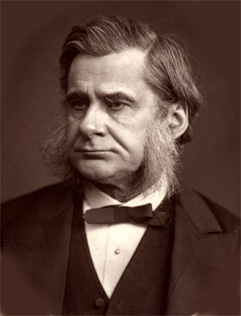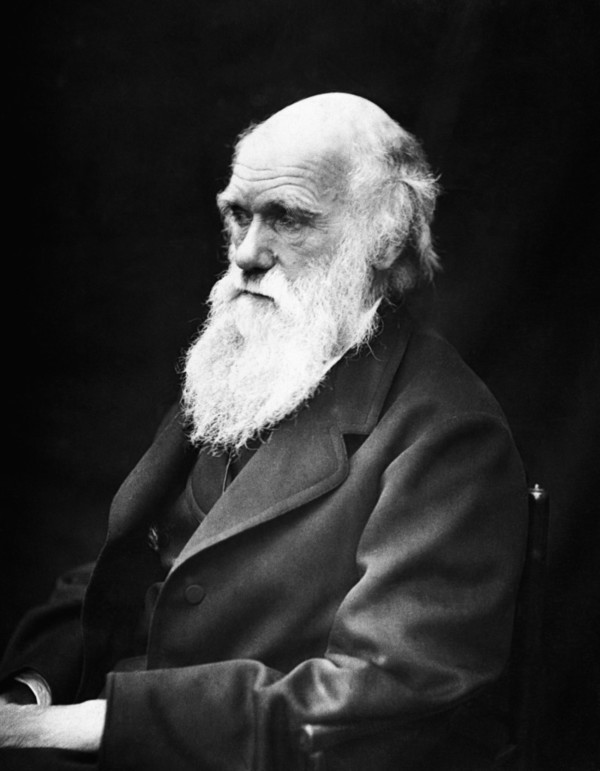
In a previous post on The Empirical Stance and the Unity of Science, I illustrated a deflationary way to talk about the unity of science based on attitudes and cognitive dispositions. Here I want to report another interesting example of this conception of unity.
The issue of the unity of science is, in its most general terms, the question of whether something called science exists at all, or whether there are just different disciplines, unified might look like. Another example is the so-called scientific method, namely, the idea that there is one and only one tool box that any scientist may follow to formulate scientific theories/hypotheses. However, apart from very general and uninformative characterizations (e.g., inductive method, deductive method, etc.), it is quite apparent that scientific disciplines have not one, but several different methods. In my previous post, I illustrated Bas Van Fraassen’s fascinating (though weak) way of talking about the unity of science by saying that science is a type of inquiry driven by a specific stance called the empirical stance. This is a cluster of attitudes towards factual hypotheses characterized by fallibilism and open-mindedness. Therefore, the scientific activity is a specific type of practice certainly cultivated in specific communities with specific histories, but it is also driven by a set of commitments and cognitive dispositions. Surely, science is neither a thesis about the world, nor an algorithm to investigate it.
Thomas Huxley expressed similar ideas in an article that are worth sharing. But first, let me contextualize his thought. Huxley (1825-1895) was a famous scientist who specialized in medical and natural sciences, in particular in comparative anatomy. He was a proud Darwinian, and because of his battles to advocate Darwin’s theory, he was known as ‘Darwin’s bulldog.’ In addition to his scientific achievements, he was also renowned as a scientific popularizer, and participated in plenty of public debates about science, the most famous being the one about human nature in light of Darwinian theory in 1860 at the meeting for the British Association for the Advancement of Science.

The article I want to talk about was written in 1880 and focuses on the merits and contributions of the On the Origin of Species in its first 21 years. The important message of the short article is that Darwin’s theory has come a long way. At first, Darwin’s theory was harshly criticized. Darwin had always very lucidly engaged with criticisms, and his intellectual honesty should be exemplary in any scientific community; even in the first edition of the Origin, he dedicated chapter VI to the objective troubles he was not able to solve, and in the other editions he tried to respond to most of the criticisms – no matter how badly formulated. But despite all these difficulties, Huxley noted that, after 21 years from its publication, nobody denied the value of the Origin. In particular, descent with modification was accepted virtually by everyone, and the importance of natural selection was recognized by the most important scientific communities (though many biologists claimed it might not be the only evolutionary mechanism). The importance of the Origin grew to the extent that “a host of young and ardent investigators seek for and find inspiration and guidance in Mr Darwin’s great work.”
But, Huxley said, this is where troubles begin. It is worthwhile to quote the entire paragraph, because it is a lucid example of how science may be conceived as unified by a stance, rather than by its products or methods:
“History warns us, however, that it is [a] customary fate of new truths to begin as heresies and to end as superstitions; and, as matters now stand, it is hardly rash to anticipate that, in another twenty years, the new generation, educated under the influences of the present day, will be in danger of accepting the main doctrines of the Origin of Species with as little reflection, and it may be with as little justification, as so many of our contemporaries, twenty years ago, rejected him. (…) [T]he scientific spirit is of more value than its products, and irrationally-held truths may be more harmful than reasoned errors. Now the essence of the scientific spirit is criticism.”
This is an important piece of philosophical reflection on the practice of science. Huxley is telling us that we do not need to be too (emotionally?) attached to scientific products or scientific ideas in general. It may be that one day we will collect enough evidence to undermine the pillars of our discipline. However, evidence is not enough. We must be ready to see the evidence in the right light; it may be a truism, but it is worth stressing that data do not speak for themselves. According to Huxley, in order to do science, first we need to cultivate a scientific spirit that he called ‘criticism’ and Van Fraassen has called the ‘empirical stance.’
Originally published by at ctshf.nd.edu on July 27, 2017.